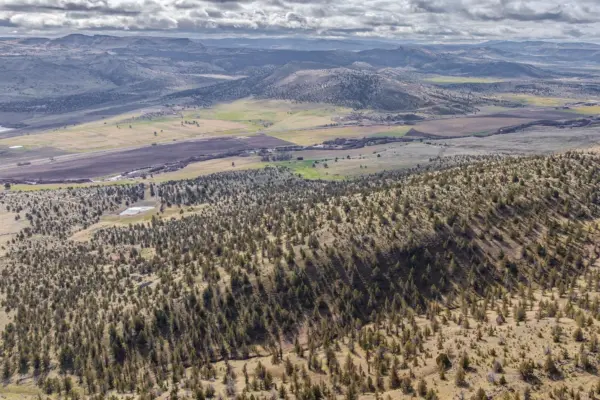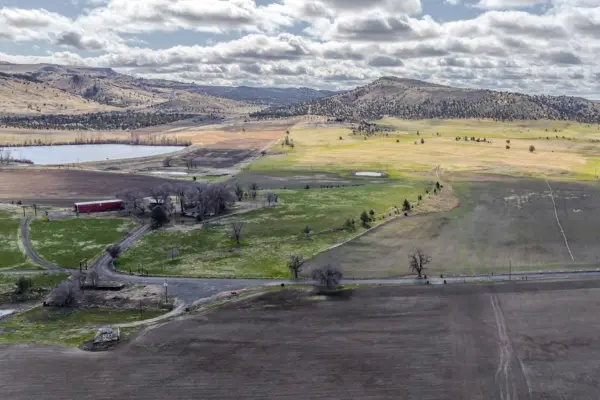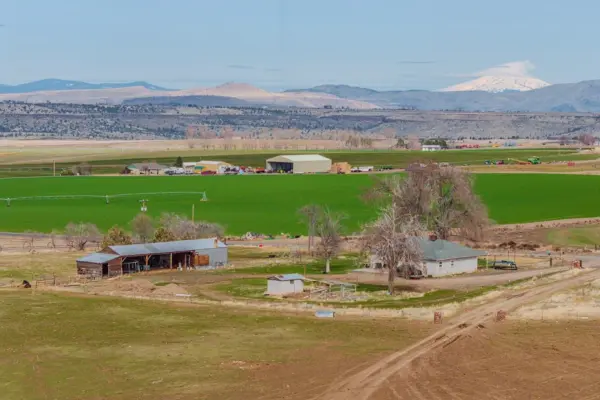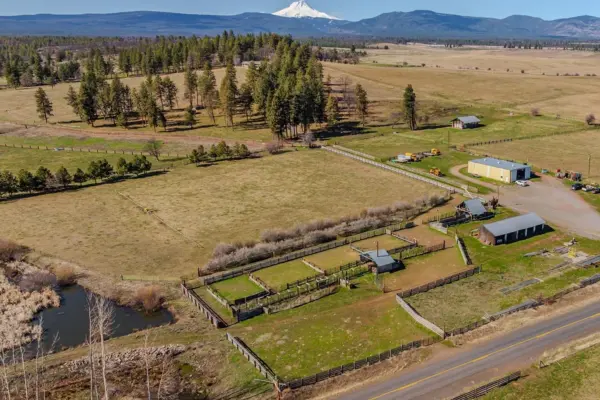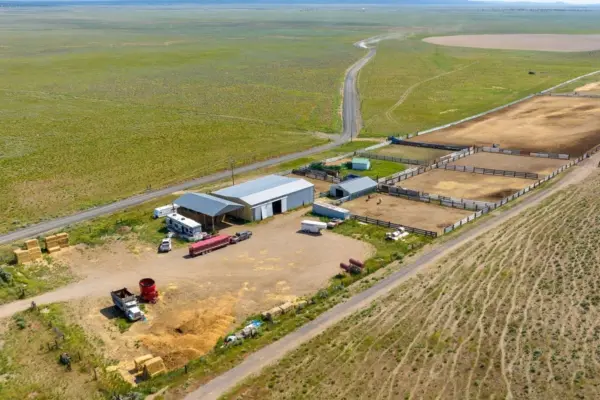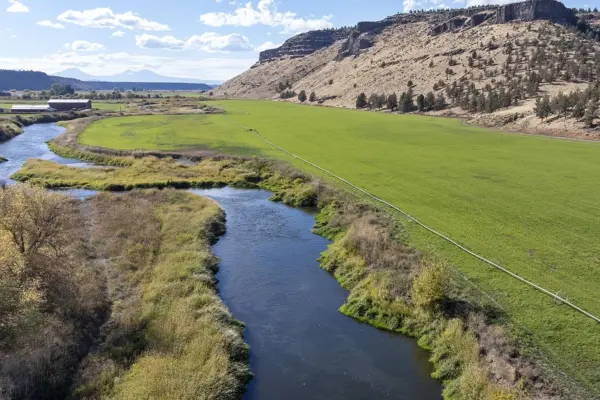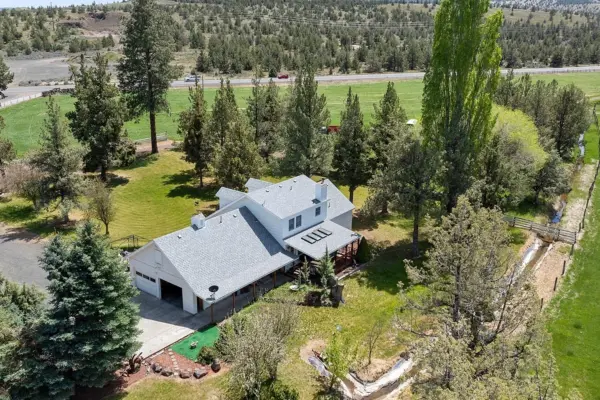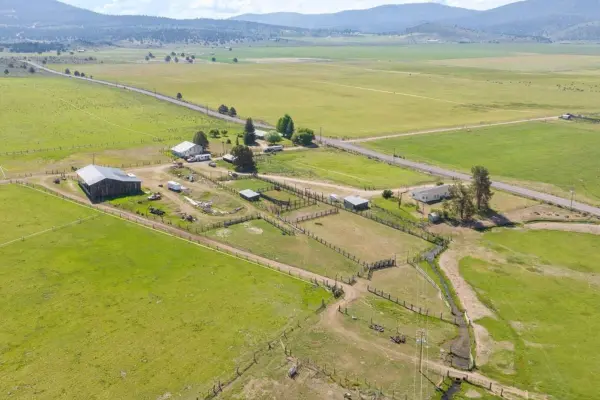If you are a farmer, rancher, or landowner, undoubtedly, you have wondered what this land, your land, will look like in 20, 30, 50, or 100 years from now. Who will own it? How will it be used? Truth is right now, here today, you can pre-determine much of the unknown and shape the future well beyond your lifetime regarding your ranch, farm, and land holdings. Good planning will also save your estate, your heirs, and your successors a lot of tax burden. Yes, succession planning for your ranch, farm, and land assets should be one of your highest priorities. It's likely you pondered this a few times, but there's often an uncomfortable feeling about starting, or it's something that feels easy to procrastinate, and you tell yourself you are going to do it a little later. Believe me, this happens often. I'm not going to spend time explaining the unintended consequences of not having a plan. You are likely already well aware and understand many, if not all, of the consequences of not having that plan in place. So, let's start getting that plan put into place. This can be somewhat daunting at first, but when you think about it, if most of your life is behind you rather than in front of you, it makes sense to draft an action plan now.
Step 1: Spend some time writing down all the things that are important to you and the visions you have had for this land. Dream big. Think back to the days when you had your first plans and desires for your land. Everything from liquidating to leaving it for your heirs to gifting it to a charity or non-profit and the numerous possibilities in between. You can call the shots now.
Step 2: With your long-term goals and estate plan somewhat defined, sit down with your spouse or loved ones and talk through your vision and plan. A conversation with your trusted partner will do much to refine and define your goals and the outcome of the succession plan. This too, should serve as a blueprint to those that will follow behind you.







